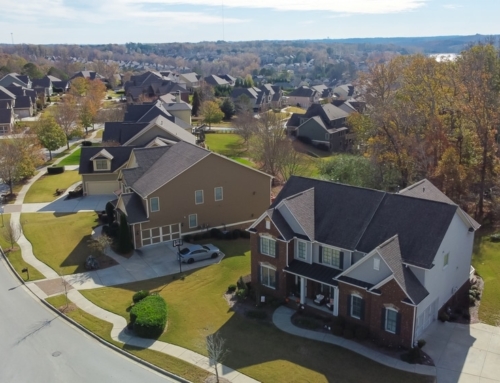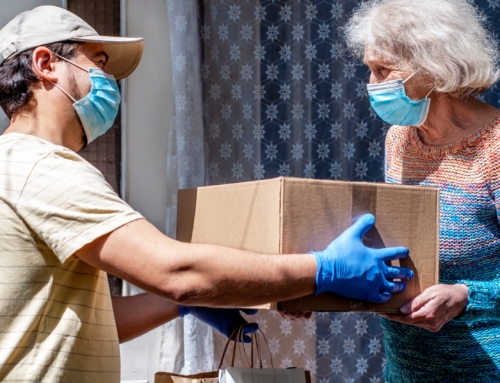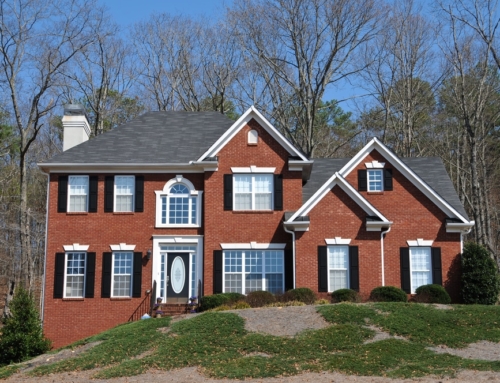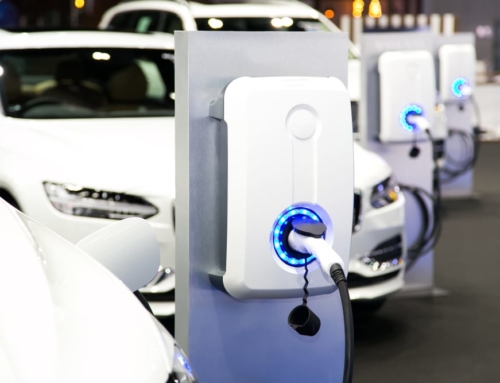Right now I pay some of my bills with paper checks and others electronically through the Web. Soon, when my student loan payments come due, I will have those automatically deducted from my account.
Paying electronically is the way to go, according to NACHA, a trade group of financial institutions who participate in the Automated Clearing House Network.
NACHA released some stats about how paying electronically benefits the environment:
- By switching to electronic bills, statements and payments, the average American household can conserve 6.6 pounds of paper, 170 pounds of greenhouse gases (the equivalent of not driving 167 miles or planting two trees), 63 gallons of water and 4.5 gallons of gasoline in one year.
- If an additional 2 percent of all American households switch to making payments electronically and receiving bills and statements electronically, the environment would save 181,128 trees, avoid creating enough wastewater to fill 218 Olympic-size swimming pools, avoid creating enough waste to fill 614 garbage trucks, eliminate 194,453 tons of greenhouse gases (the equivalent of taking 32,308 cars off the road).
- Paper checks use over 674 million gallons of fuel and add more than 3.6 million tons of greenhouse gases/carbon dioxide to the environment, each year.
- To transport 533 million pounds of billing statements and checks, it requires an estimated 235 million gallons of fossil fuels, resulting in more than 1.3 tons of carbon dioxide emissions.
- About 35 percent of your FICO score is based on payment history including detail on timely payments and late or missed payments. Paying bills via Direct Payment ensures you will never have another late/missed payment.
- People who pay bills online do so in 15 minutes, each month. Those who write out checks waste two hours.
- 97 percent of those who use Direct Deposit are “very satisfied.”
- Paying bills electronically saves the average person a minimum of $150 annually on checks, stamps, late fees, etc.
So if you want to save your credit score, save money and save trees, try paying more of your bills electronically.
February 6, 2008






Leave A Comment